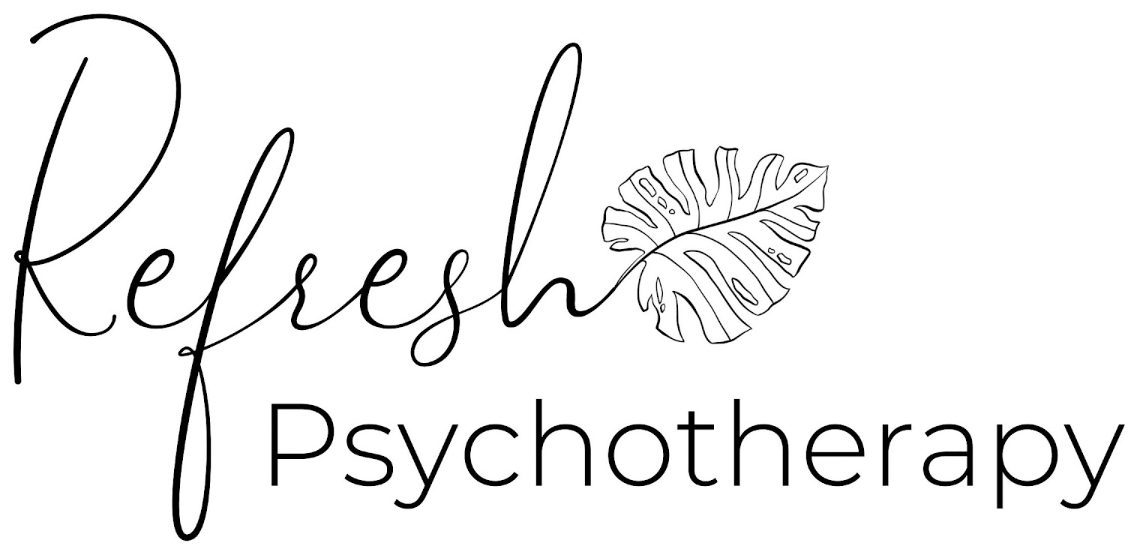
Clean Your Social Circle: Identifying and Addressing Toxic Relationships
Toxic relationships come in various forms and can be found in any area of our lives, including friendships, romantic partnerships, family relationships, and even professional connections. While it’s normal to encounter conflicts or disagreements in any relationship, toxic relationships go beyond that, draining our energy and causing significant distress. If you’re finding yourself in relationships like this, cleaning your social circle may be an essential step toward cultivating a more positive mental space.
The first step in cleaning your social circle is recognizing the signs of toxicity. Some common red flags to look out for include:
- Constant criticism and belittling: Does this person often undermine your self-esteem, making you doubt your abilities and self-worth? This may look like criticizing your appearance, achievements, or personal choices, leaving you feeling inadequate and insecure.
- Emotional manipulation: Does this person manipulate your emotions to get what they want? They may guilt-trip you, play mind games, or use emotional blackmail to control your actions and decisions.
- Little respect for boundaries: Does this person disregard your boundaries and personal space? They may invade your privacy, constantly demand your attention, or pressure you into doing things you’re uncomfortable with.
- Unbalanced and One-Sided: Toxic relationships often lack reciprocity and balance. If you find yourself constantly giving, supporting, or sacrificing without receiving the same level of care or consideration, it’s likely an unhealthy dynamic.
- Lack of support: Does this person rarely show genuine support or empathy and only seem to care about themselves? They may dismiss your problems, invalidate your feelings, or even sabotage your efforts to succeed.
Once you’ve identified toxic relationships in your social circle, it’s crucial to take proactive steps to address them. Here are some strategies to help you navigate this process:
- Set boundaries: Clearly define your personal boundaries and communicate them assertively. Let the person know what behaviors are unacceptable to you and what consequences will follow if those boundaries are violated.
- Practice assertive communication: Learn to express your needs, opinions, and emotions assertively, without resorting to aggression or passivity. Assertive communication allows you to stand up for yourself and set those boundaries while maintaining respect for others.
- Limit Contact or Distance Yourself: If the toxic relationship involves a non-essential person in your life, consider limiting contact or creating some distance. This may include reducing interactions, unfollowing them on social media, or even severing ties if necessary.
- Prioritize self-care: Take care of your own well-being by engaging in activities that bring you joy and fulfillment. Cultivate self-compassion and surround yourself with positive influences that uplift and inspire you.
- Seek personal and professional support: Reach out to trusted friends, family members, or mental health professionals who can provide guidance and support as you navigate the challenges of addressing toxic relationships. Their objective perspective can help you gain clarity and confidence, and help guide you through the healing process.
Cleaning your social circle can be challenging and emotionally draining, but it is an essential step toward prioritizing your mental health and well-being. Remember, you have the right to surround yourself with positive, supportive individuals who contribute positively to your life.
By identifying toxic relationships, setting boundaries, and seeking support, you can create a social circle that nurtures your growth and fosters a healthy state of mind. Don’t be afraid to let go of toxic relationships and make room for healthier connections in your life. Your mental health matters!
Written by Katherine Heidelberger
